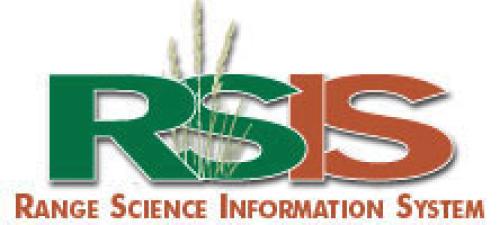In this review, Bryant et al. note that future attempts to explain selective browsing by mammals on woody plants must include chemical antiherbivore defense. This will require identification of defensive substances and clarification of their modes of action. It will also require an understanding of factors that influence the production of defensive substances. Attempts to understand the chemical basis of forage quality have emphasized the measurement of fiber and nutrient concentrations. When secondary metabolites have been considered, it is their potential to inhibit digestion that has received most of the attention; with less attention being paid to feeding deterrence and toxicity. Over the past decade, collaboration between ecologists and chemists has begun to indicate that many secondary metabolites, including the tannins and the monoterpenes, influence mammalian herbivory by a combination of deterrence and toxicity. This hypothesis indicates that current foraging theory cannot explain why mammals selectively feed on some woody plants, growth stages, and parts and reject others. To be useful management tools, models of browsing systems and foraging models must include realistic constraints imposed by deterrence and toxicity. An increased attempt to obtain information by experimental studies of chemically mediated interactions between woody plants and browsing mammals is critical to achieve better management of browsing ecosystems. A browsing-induced change in vegetation produces further degradation to ecosystem productivity. This is because low resource adapted woody species, that are chemically defended against browsing, also produce litter that is slow to decompose. As a result, selective browsing that results in dominance of the vegetation by chemically defended species, is also likely to result in a reduced rate at which nutrients cycle through the ecosystem. This feedback degrades the soil and vegetation resources of ecosystems and the ability of ecosystems to support livestock and wildlife.

Citations and enhanced abstracts for journals articles and documents focused on rangeland ecology and management. RSIS is a collaboration between Montana State University, University of Idaho, and University of Wyoming.